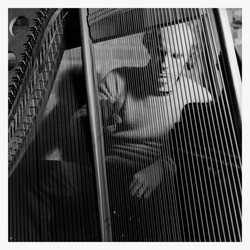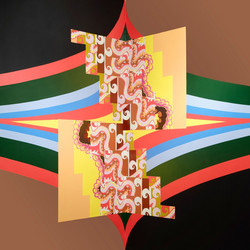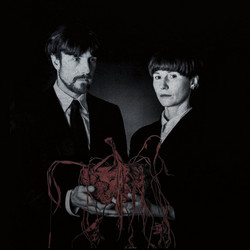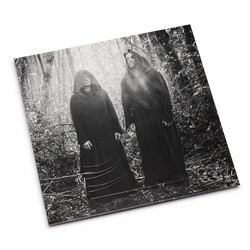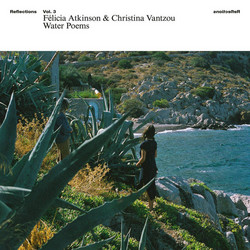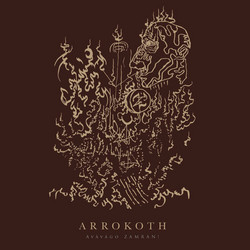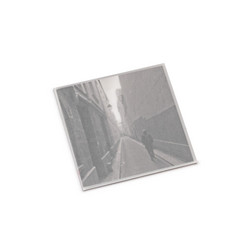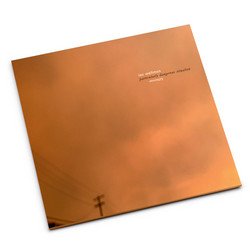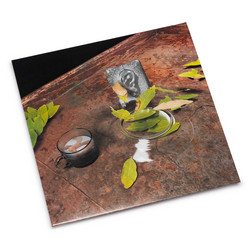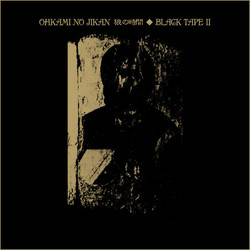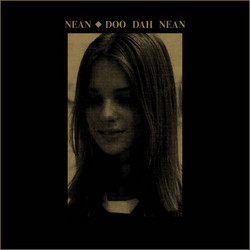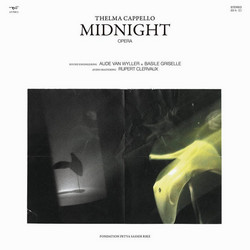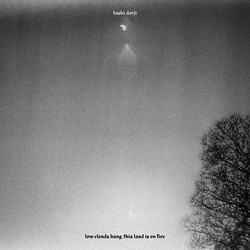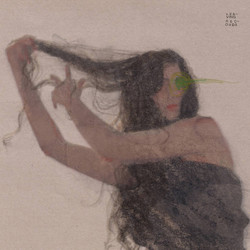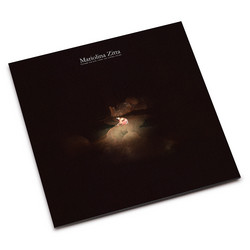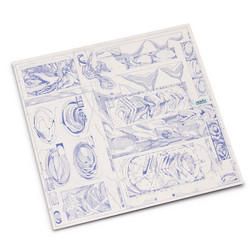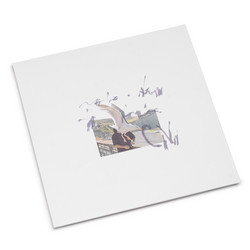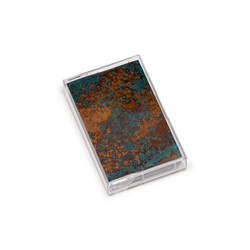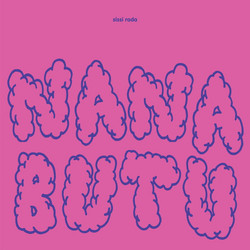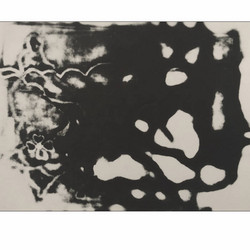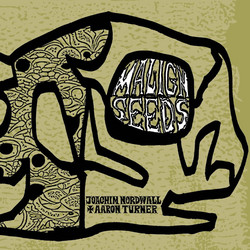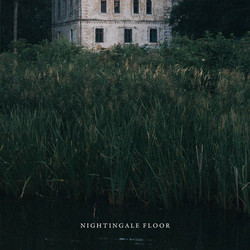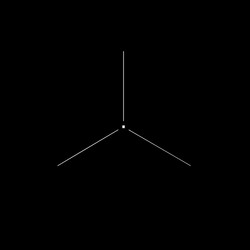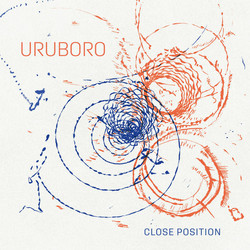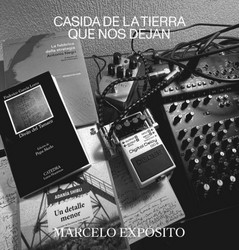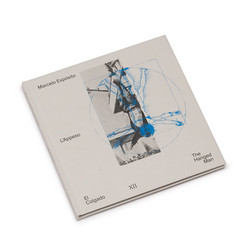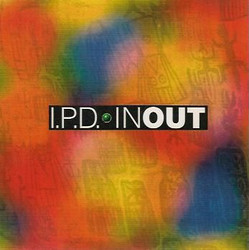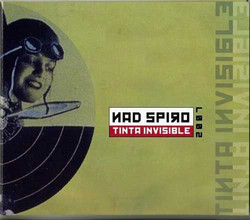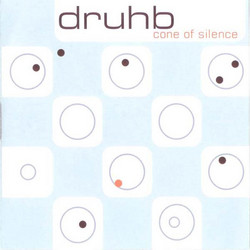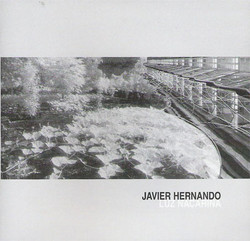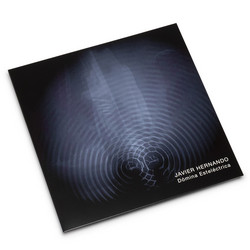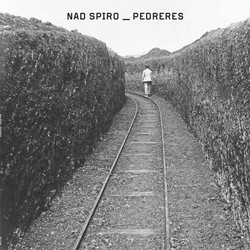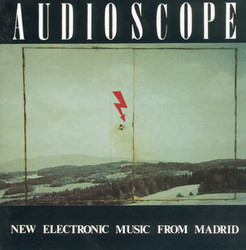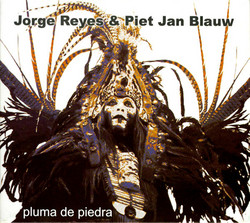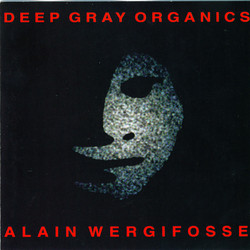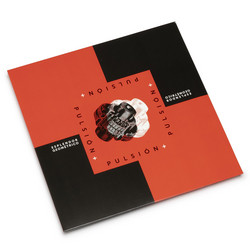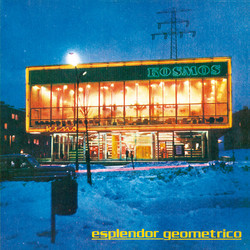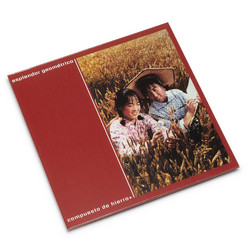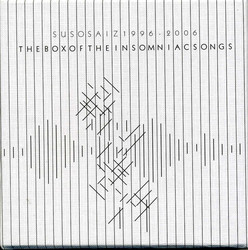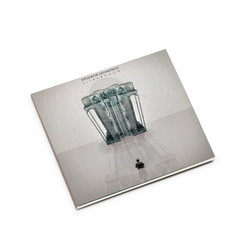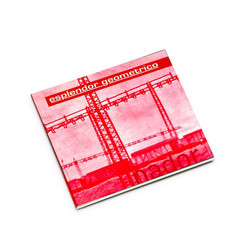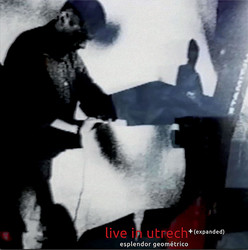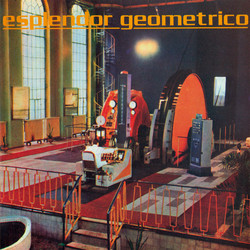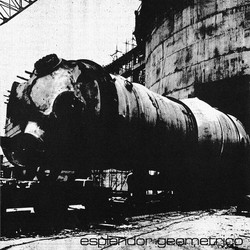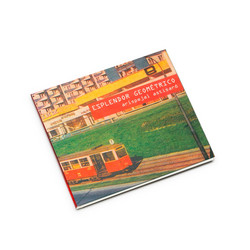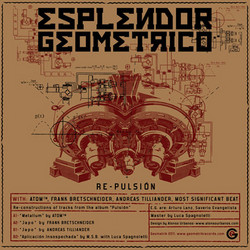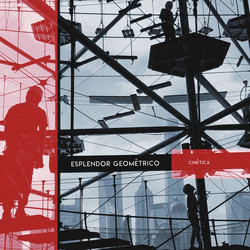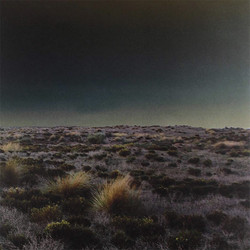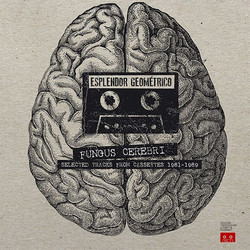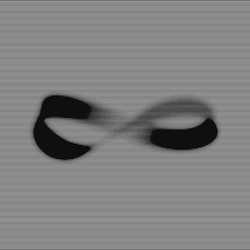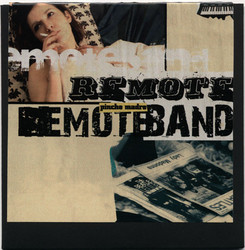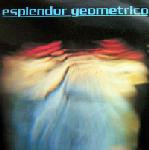Marcelo Exposito
The Lost Tapes (Tape)
*Limited edition of 50 copies* The Lost Tapes offers us some secret homemade gems recordings from the 1980s rich Spanish underground. The Spanish transition from fascism to democracy was not as smooth as they wanted us to believe. Still, there were many traumas to deal with, and noise music was the perfect medium to channel them. If noise in the 80s Japan was the acceleration of transgression resembling the economic boom that was going on in the country, Marcelo Expósito has worked through the unconscious shit that Spain was still dealing with at the time. Unfortunately, we still suffer those resonances. These recordings are part of an avant-garde that still has not been fully recuperated and give us a lesson from the past into the future: never give up on the power of noise to denaturalise and challenge the values of fascism. Liner notes by Mattin. Anti-copyright. Author of, among others, Noise & Capitalism (Co-editor, 2009), Object of Thought (LP, 2010), Unconstituted Praxis (Book, 2012), Social Dissonance (Book, 2022) and Seize the Means of Complexity (LP, 2023).
The music contained in this cassette comes from 1985 and is part of a cycle of sound experimentation (1983-1988) whose results have remained almost entirely unpublished, and whose recordings, which were distributed privately in very few copies, were even lost for decades until a few original tapes reappeared by chance discovered by my mother in the year 2023. They were also the years in which I was working on two projects carried out from my hometown of Puertollano and that today are considered legendary in the early scene of sound experimentation of the 1980s: the fanzine Experiencias (1983, co-edited with Luis Ernesto Gómez), of limited circulation, and the fanzine-cassette publisher Necronomicón (1984-1987, co-edited with Eduardo Mugas), which operated on an international scale. (Rubén Coll took the trouble to invite me to rescue this entire story between 2018-2020, giving rise to a series of podcasts and an extensive document that can be found on RRS—Radio del Museo Reina Sofía in Madrid.) I have been recovering those distant sound experiments in the last few years, including them in my recent exhibitions at the Fundación Luis Seoane in A Coruña, at the Museo Universitario Arte Contemporáneo (MUAC) in Mexico City and at the Parco Arte Vivente (PAV) in Turin. This tape is a bit more systematic restoration attempt.
The Lost Tapes is conceptual noise music made without resorting to any type of musical instruments, not even synthesizers; using artisanal methodologies in order to generate noises— especially from electrical impulses—, voice recordings with radio-cassettes, modifications through basic pedals for electric guitar—distortion, reverb or delay—and assembly techniques in cut-ups, loops and superimpositions. Its entire genesis was rigorously analog except for the current digitization of the original recordings—recovered on magnetic media—and their reassembly for this new edition. In its primitive state there were practically no tracks in a conventional sense, but rather it was generally a sound flow processed over and over again with the aim of being listened to rather without beginning or end, radicalizing the notion of “ambient” that one could deduce from Brian Eno’s originary recordings (in other words, in a sense diametrically opposed to the conversion of ambient into new age or easy-listening), and also in accordance with the conception of the sound studio as a device that operates as a true all-encompassing musical instrument. In fact, some of my tapes that have reappeared contain direct recordings of the programs that I made on the shortwave radio of the Colegio Mayor Chaminade in Madrid (where I lived in that year of 1985), which generally consisted of uninterrupted broadcasts of ambient noise constructed live for hours always late into the night.
These sound works need to be understood within the vast international system of the so-called “industrial culture” of the first half of the eighties [see V. Vale (ed.), Re/Search #6/7: Industrial Culture Handbook, San Francisco, 1983], and the most immediate inspiration that prompted me to make this music came fundamentally from fervent listening to the albums published in the period 1982-1985 by the British Nurse With Wound, Throbbing Gristle and Nocturnal Emissions, the Germans Asmus Tietchens and P16.D4, the French Étant Donnés and the Italian Maurizio Bianchi. On the other hand, the effervescent circuit of Spanish electronic or noise music constituted a more than motivating climate at that time, in such a way that my attempts, in fact, also sought to measure themselves against the admirable works carried out at that time by some of my much more prolific and widely recognized colleagues such as Francisco Felipe (La Otra Cara de un Jardín), Rafael Flores (Comando Bruno), Francisco López (El Internado), Esplendor Geométrico, María José González (Ani Zinc / Neo Zelanda), Francisco Julio Marín López (El Obscuro Interior), Antón Ignorant (Avant-Dernières Pensées), Víctor Nubla and Juan Crek (Macromassa), Javier Hernando (Melodinámika Sensor), Luis Mesa (Merz) or Miguel A. Ruiz (Orfeón Gagarin). Luis and Miguel helped me process a part of this music in their home sound studios in Madrid. With great daring, my intention in 1985 was also to carry out a heretical synthesis of all those underground sound experimentations with my fresh approach to the heterogeneous classic tradition of new music that—as was the case of Luigi Nono, Edgar Varèse, Karlheinz Stockhausen, Mauricio Kagel, Anton Webern or John Cage—was being promoted by the Aula de Música Contemporánea of the Círculo de Bellas Artes in Madrid, whose concerts and publications generated a rich transversal atmosphere at that time. An attempt to pierce the umbrella of the traditional avant-garde with the countercultural sewing machine, so that the rain would fall torrentially on the dissection table. - Marcelo Expósito, Puertollano, January 2024.
